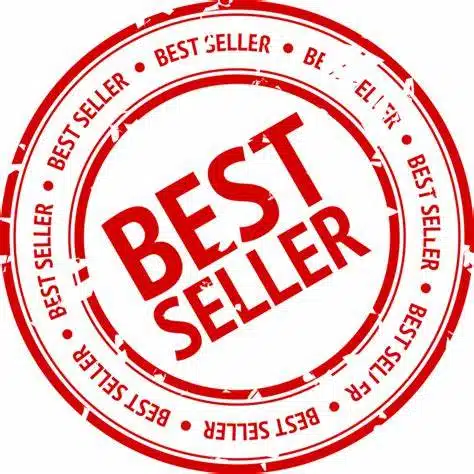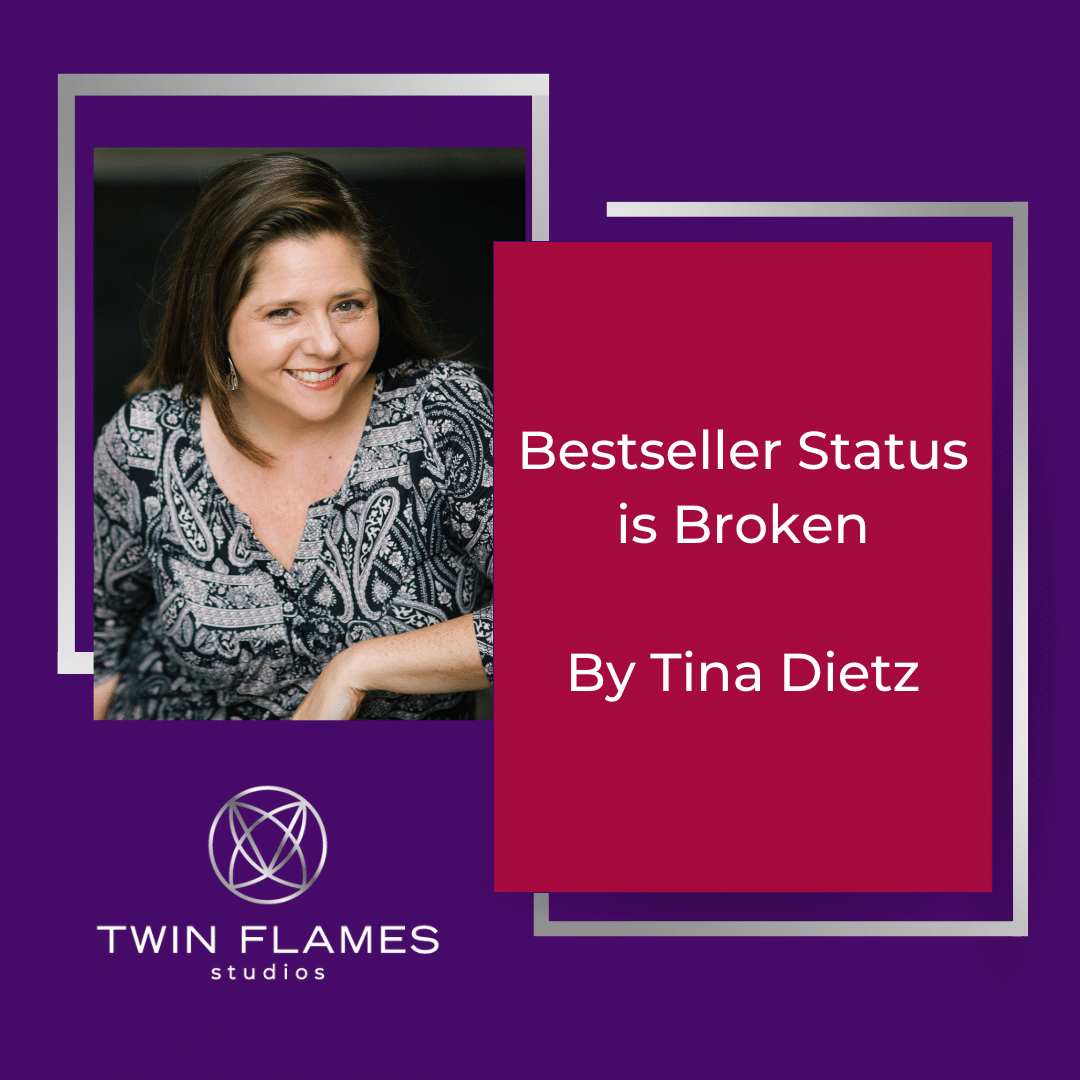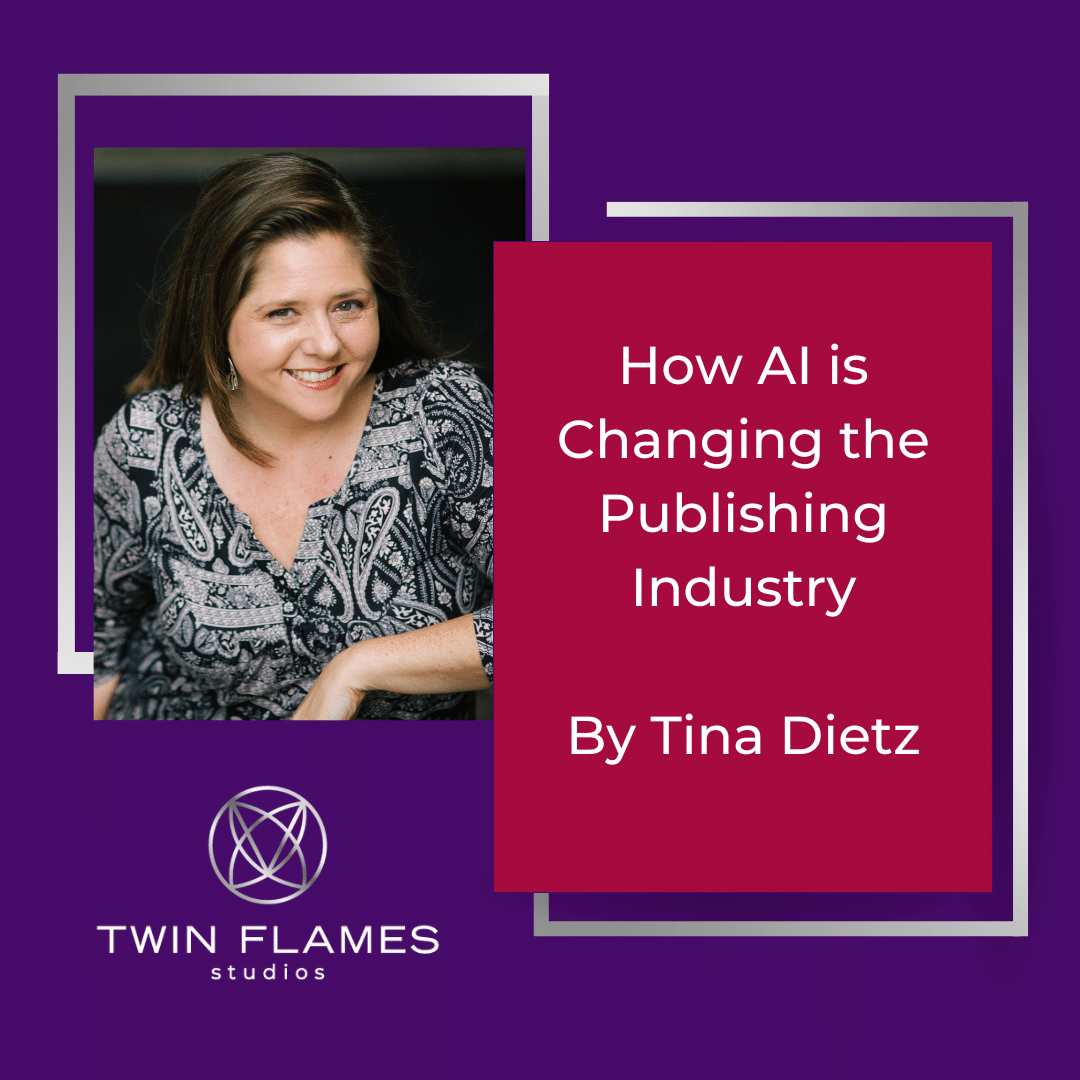Book Bestseller Status is Broken
Here's what authors should focus on instead.
You launched the book. You got the badge. You celebrated.
Then… nothing happened.
In 2025, “bestseller” doesn’t mean what it used to—and for most authors using their book to build a brand or business, chasing that badge might be the wrong goal entirely.
That’s the conversation we had during this month’s Twin Flames Studios Expert Panel, where I hosted three brilliant voices in modern publishing: Jenn T. Grace, Melanie Herschorn, and Robbie Samuels.
What we uncovered was part myth-busting, part strategy reset—and 100% necessary if you want your book to keep working for you after launch day.

The Bestseller Badge: Still Useful? Or Past its Prime?
Let’s get real: authors still want that badge. It feels good. It looks impressive. But the real question is—what does it actually do?
“It’s a confidence boost, not a marketing plan.”
— Melanie Herschorn
Getting the title of “bestselling author” can create credibility, especially with audiences who don’t know how the sausage is made. But as Jenn T. Grace reminded us:
“The average person doesn't know an author. So, when they meet one, and that person is a bestseller, they don’t know how it came to be.”
— Jenn T. Grace
There’s no shame in leveraging the title—but it shouldn’t be the only strategy you rely on.
“Bestsellers should be the byproduct of a strategically done launch.”
— Robbie Samuels
What Authors Should Focus on Instead
If you’re a coach, consultant, or expert using a book to grow your platform, our panel agreed on this: you need a strategy that creates long-term visibility—not just a short-term spike.
1. Build Your Email List
Your email list is your most powerful tool—and the only platform you truly own.
“You have full control over your mailing lists. They're safe, trackable, and you can do all kinds of sophisticated things with them down the road.”
— Jenn T. Grace
Jenn shared how she built a two-year nurture sequence for readers who download book bonuses—proving that list growth is a long game, not just a launch-week task.
2. Prioritize Reviews Over Rankings
Amazon’s bestseller ribbon can vanish within hours. But verified reviews stay, build trust, and drive sales.
“Reviews are social proof that stick. They influence buyers, podcasters, and event organizers.”
— Robbie Samuels
Focus on activating your audience to leave honest, verified reviews—especially during your soft launch or relaunch window.
3. Think Like a Platform, Not a Campaign
Your book isn’t a one-time event. It’s part of a larger visibility ecosystem.
“If you don’t have a marketing plan that already works, your book is like a rocket ship taking off and falling into the ocean.”
— Melanie Herschorn
Create momentum that goes beyond the launch—opt-ins, evergreen content, speaking outreach, even second-edition or audiobook relaunches.
Where Bestseller Still Belongs
Bestseller status isn’t useless. But it should be one part of a bigger visibility strategy, not the whole goal.
“You can hit number one in some obscure category at 2am, but that doesn’t mean your book will do anything for your business.”
— Robbie Samuels
Use it as a credibility tool—but only when it's supported by real outcomes like engagement, email list growth, or speaking leads.
Use Awards as an Authority Multiplier
If you want recognition that cuts through the noise, strategic awards may have more impact than a fleeting badge.
“If four of us wrote the same book, and one of us had ‘award-winning’ on the cover… that’s the one that would stand out.”
— Jenn T. Grace
Choose awards judged by real people. Look at past winners. Submit strategically—and use any recognition as a long-term brand asset.
Your Book Still Has a Job to Do
One of my favorite moments in the conversation was this:
“Your book doesn’t fall off a cliff. As long as it’s an evergreen topic, you can keep marketing it—even if it was written three years ago.”
— Melanie Herschorn
We see this all the time with our clients at Twin Flames Studios—especially those launching audiobooks years after their initial print release. With the right strategy, older books often perform better the second time around.
Let's Recap: What Actually Works in 2025
If you’re serious about using your book to grow your business, here’s where to focus:
- Email list growth (and an automation plan behind it)
- Verified reviews (collected during a soft launch or relaunch)
- Speaking engagements (with a clear positioning and pitch)
- Awards and recognition (strategically chosen and submitted)
- Audiobook relaunches (as a second chance to make a first impression)
You don’t need to be perfect. You just need a real plan that keeps working long after your book goes live.
Want in On Our Next Expert Panel?
Join our monthly series where we talk real-world publishing, visibility strategy, and the business of authorship—no fluff, just what’s working now. Reserve your spot here.
Final Thoughts
Your book is more than content. It’s a catalyst.
Whether you’re launching your first or relaunching your fifth, don’t just chase bestseller status.
Build a system that turns your book into long-term visibility, relationships, and results.
Your message matters. Let’s make sure people hear it.
What most surprised you, or what do you still want to know? Let us know your thoughts below!
About Tina Dietz:
Tina Dietz is an award-winning and internationally acclaimed speaker, audiobook publisher, podcast producer, and vocal leadership expert whose work and shows have been featured on media outlets including ABC, NBC, CBS, The Wall Street Journal and Chicago Tribune, Inc.com, and Forbes. She’s been named one of the top podcasters for entrepreneurs by INC.com, and Tina’s company, Twin Flames Studios, re-imagines thought leadership through podcasting and audiobooks for experts, executives, and founders.





